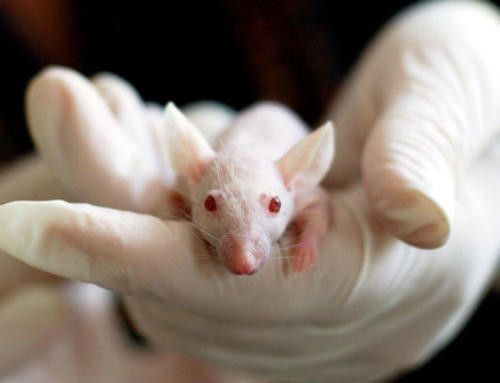While only a small percentage of people with substance use issues have antisocial personality disorder, the vast majority of people with antisocial personality disorder have substance use issues, primarily alcohol. It’s estimated that nine in 10 people with antisocial personality disorder are addicted to something, a far greater percentage than any other mental health issue.
Antisocial personality disorder is characterized by lack of empathy for others, lying and manipulation, a sense of superiority, violence and disregard for the rights of others, impulsivity, and thrill seeking. Antisocial personality disorder is only diagnosed in adults. In children, it’s called conduct disorder. This condition is necessary for an adult diagnosis and includes defiance, criminal activity, and impulsivity. Not every child with conduct disorder becomes an adult with antisocial personality disorder. Sometimes a child with conduct disorder goes on to develop depression, ADD, or bipolar disorder.
Antisocial personality disorder is thought to be caused by childhood trauma. People with the disorder were often abused as children, were raised by addicted parents, witnessed domestic violence, or were neglected.
As it happens, most of the causes of antisocial personality disorder are also major risk factors for developing addiction. The Adverse Childhood Experiences, or ACE scale is highly correlated with risk of addiction and includes factors like neglect, abuse, parental addiction, and domestic conflict. Anyone with a score of four or higher is at serious risk. There is a genetic component to antisocial personality disorder too, which may determine whether someone with a high ACE score develops the disorder, or develops in some other way that’s more self-destructive than socially destructive.
As one might expect, people with antisocial personality disorder don’t enjoy many close relationships. Their domestic relationships are often troubled, when they have them at all. They don’t have strong support networks, which puts them at further risk. Their impulsivity and disregard for social norms increases their exposure to addictive substances, making addiction more likely.
Unfortunately, people with antisocial personality disorder rarely recover from either addiction or their personality disorder. They almost never seek help for their personality disorder simply because they don’t see anything wrong. They think they’re pretty great. They sometimes seek help for addiction when it becomes a problem. They are often often court ordered to enter treatment as part of criminal sentencing because they often become violent, especially when drinking. However, because of their impulsivity, they are very likely to drop out of treatment quickly.
Located in downtown Midland, The Springboard Center’s mission is to offer programs and services to treat alcohol and drug addiction treatment using an evidence based curriculum, 12 step programs, diet, nutrition, exercise, emotional, mental and spiritual development for a long recovery. For more information, please call us at 432-620-0255 as we are open 24 hours a day, 7 days a week.




